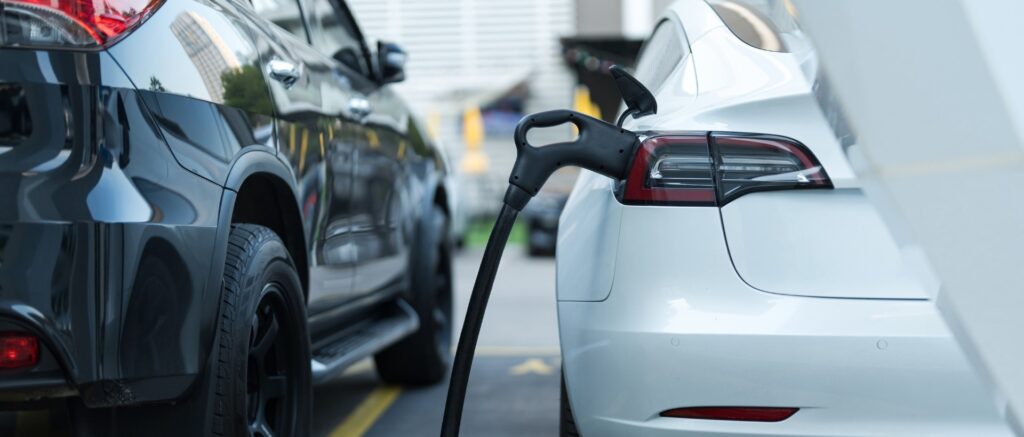The Slovak Association for Electromobility (SEVA) has published statistics on the number of electric vehicles on Slovak roads. At the end of the first half of 2024, a total of 12,893 battery electric vehicles (BEVs) were registered in M1 and N1 categories, which in absolute terms represents a year-on-year increase of almost 60%. The pace of new registrations has also accelerated: 45% more new BEVs were registered in the first half of the year than a year earlier. However, Slovakia remains at the tail end of the European Union. Faster adaptation of electro-mobility and reaching the necessary 5% share of BEVs in new registrations would be supported by state aid from the Recovery Plan, similar to the one introduced by the Czech Republic earlier this year.

In February this year, at a retreat in Košice, the government publicly pledged support for the development of electromobility and mandated the relevant ministers to act. A number of tasks, also aimed at the development of electromobility on the roads, were to be completed by 30 June this year. This includes a final decision on whether and how the government plans to support the registration of electric vehicles through direct support for their purchase. “The Slovak government has taken an important step and has tasked us with assessing the possibilities of adopting measures to favour the procurement of electric vehicles in the M and N vehicle categories, including the procurement of vehicles through leasing,” saidSEVA Director Patrik Križanský: “Without such concrete measures, we risk falling even further behind our neighbours who have already started to implement their programmes, for example, from the Renewal Plan. In the Czech Republic, they closed June with a record number of registered EVs.”
Global EV market
According to recently released data from Rho Motion, an analytics company specializing in the automotive industry, global sales of electric vehicles (BEVs and PHEVs) for the first half of 2024 totaled 7 million units, representing a year-on-year growth of 20%. “Such significant growth would be judged a great success in any other sector, but it seems as if more is still expected from the EV industry,” the SEVA director assesses, adding: “The negative sentiment and reports in the media about the alleged slump in BEV sales simply don’t fit with the facts. The EV market is still booming globally and demand is growing. Slovakia needs to keep up with this trend.” In the Union, 1.5 million electric vehicles were sold in the first half of the year. While the European market grew by only 1.3%, the Chinese market grew by up to 30%. The US is up 9%, with most carmakers seeing year-on-year growth.
Electric mobility in Europe
According to ACEA , in June 2024, new car registrations in the EU increased by 4.3% year-on-year, with battery electric vehicles having a market share of 14.4%. In the whole of the first half of 2024, BEVs, with 712,637 registrations, accounted for 12.5% of the total new car market in the EU, compared to just 2.6% in Slovakia. In Europe, some countries have been more successful in increasing the share of electric vehicles. “Belgium and Italy have seen significant growth, which shows us that with effective policy and support it is possible to achieve significant results,” said Križanský. The Czechs have also already made significant progress, while we are still lagging behind. In June, more than 1 500 new BEVs were registered in the Czech Republic, representing a share of almost 7% of new registrations. The total number of BEVs in the Czech Republic is now more than 27 600, with more than 5 200 public charging points. The gradual roll-out of the National Development Bank’s ELEKTROMOBILITY Guarantee Programme, announced in March this year, has therefore already yielded its first results. More than 2,000 contracts have already been signed since the launch of the programme.

Increased individual imports
In the first half of 2024, there were more battery electric vehicles registered as individual imports on Slovak roads compared to sales of new vehicles from official dealerships. A large share of this is due to the Tesla brand, all of whose vehicles are registered as individual imports due to the absence of a representation of the brand on the Slovak market.